Rio Scraps Famed Carnival As Virus Surges Across Globe
Brazil has postponed Rio de Janeiro's famed carnival for next year, the latest spectacle hit by the pandemic as governments across the globe struggle to contain a surge in coronavirus infections.
Rio's carnival, famous for its gyrating Samba dancers, drummers and dancing crowds, draws millions for all night parties in packed streets, making social distancing all but impossible.
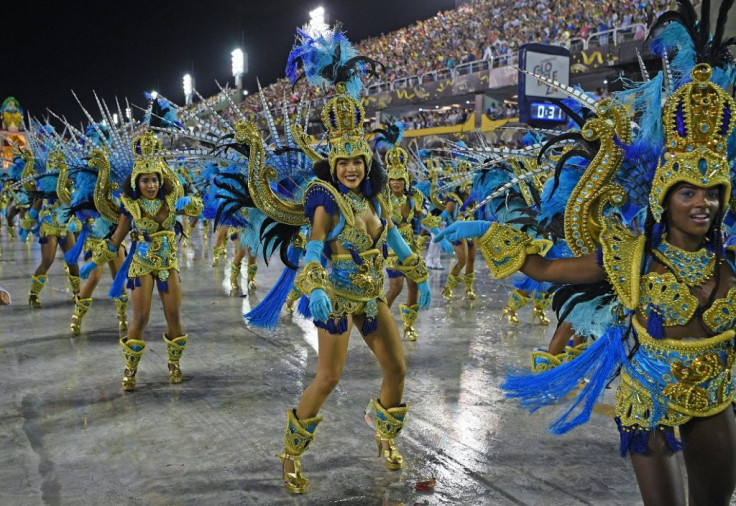
Brazil now has the world's second highest death toll after the United States -- nearly 140,000 fatalities -- and is still battling to bring the virus under control.
Rio's samba schools had already warned in July that without certainty of a vaccine this year it would be difficult to organise the February 2021 festival.
"It's not a cancellation, it's a postponement," said Jorge Castanheira, president of the group that organises the parades. "We are looking for an alternative solution, something we can do when it's safe to contribute to the city."
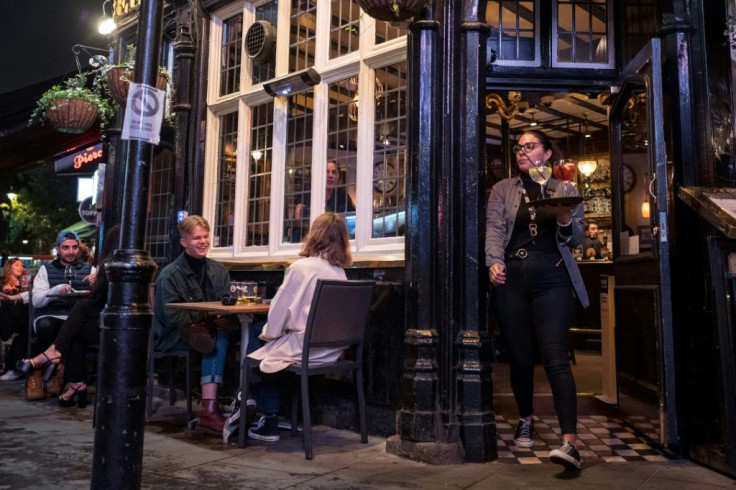
It was the first time the carnival had been postponed since 1912, joining a growing list of major entertainment and sporting events disrupted by the pandemic with the virus showing no signs of slowing its track across the globe.
Australia also postponed plans to host a Test cricket match against Afghanistan and a one-day series against New Zealand Friday, saying the pandemic had made arranging the matches too difficult.
French Open tennis tournament will now allow only 1,000 spectators each day in line with tougher restrictions introduced this week by the French government.
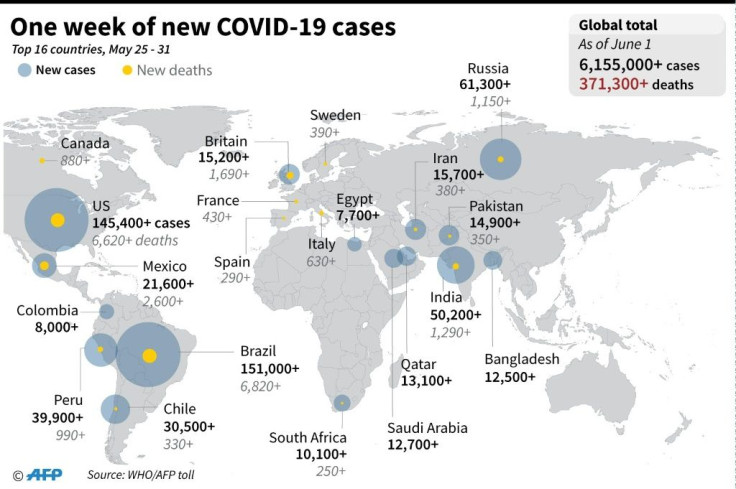
Worldwide deaths are nearing one million and more than 31 million cases have been detected since the coronavirus first emerged in the Chinese city of Wuhan late last year.
With scientists still racing to develop a vaccine, governments are being forced to reimpose crippling lockdown measures that slowed the virus spread earlier this year but sent much of the world economy into a tailspin.

The European Union raised the alarm on Thursday, saying the pandemic is worse now than at the March peak in several member countries, as governments in Europe and beyond order new anti-virus measures.
Europe's death rate has not returned to the levels seen earlier this year but new infections are soaring once again, prompting the bloc's disease control agency to flag seven countries of "high concern".
France reported an all-time high in new daily cases of over 16,000, one day after announcing tougher infection control measures especially for hard-hit Mediterranean port Marseille.
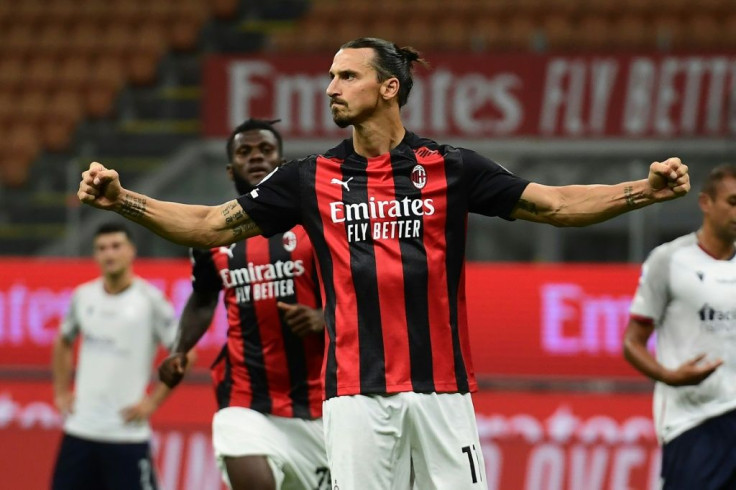
Bars in Paris and 10 other cities will be forced to close early but Marseille will see restaurants and bars close completely.
Fierce reactions from local officials underscored the struggle governments face balance health risks against the need to revive businesses battered by lockdowns.
"I am angry because there was no consultation," Marseille Mayor Michele Rubirola told Franceinfo radio. "Why turn the screws when our numbers have been improving for a few days now?"
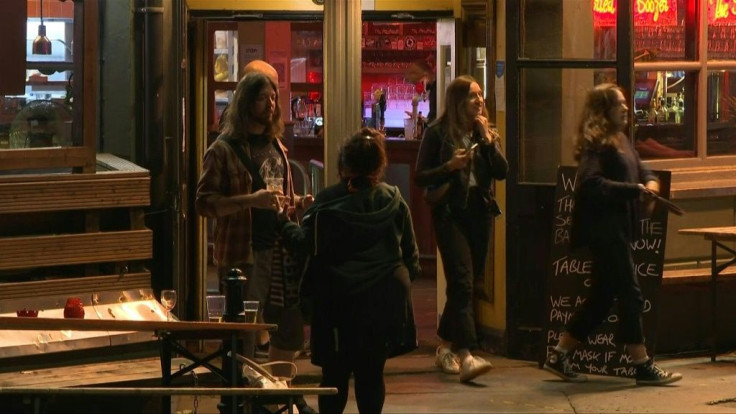
Moscow Mayor Sergei Sobyanin on Friday also ordered the elderly to stay at home and recommended employers allow home working after the Russian capital saw a sharp rise in virus cases.
Sobyanin's message came after figures that were steady for several months climbed steeply in recent days in Russia, the world's fourth most affected country, and particularly in Moscow.
"We all really don't want to go back to he harsh restrictions of spring," Sobyanin said. "I hope we can avoid this."
Greek Prime Minister Kyriakos Mitsotakis has warned that a new lockdown could be needed in Athens unless the public can help bring down new cases by respecting distancing and mask-wearing measures.
Israel, which closed schools and imposed restrictions on workplaces and leisure activities last week in a second nationwide lockdown, toughened its rules still further on Thursday.
Most workplaces and markets are to be closed and prayer meetings and demonstrations will be severely restricted, as the country battles the world's worst per-capita infection rate.
British pubs and bars were also closing earlier than usual from Thursday after Prime Minister Boris Johnson required all premises serving drink and food to shut by 10 pm in a bid to curb growing virus cases.
"I don't think it's gonna help, it's too little too late, as usual," Joyce, a drinker in her fifties at the Prince George in the East London neighbourhood of Dalston, told AFP.
"You're just displacing the problem."
As lockdowns edge back, the rollout of a vaccine is seen as crucial for a return to normal life, with several leading vaccine candidates currently in late-stage trials.
That is particularly key for international sports, where many events are taking place are generally behind closed doors and without audiences.
However, Olympic boss Thomas Bach said the postponed Tokyo Games could take place next year even without a vaccine.
Elsewhere in the world of sport, Swedish striker and AC Milan star Zlatan Ibrahimovic, 38, has tested positive for coronavirus, his club announced on Thursday.
© Copyright AFP 2024. All rights reserved.




















